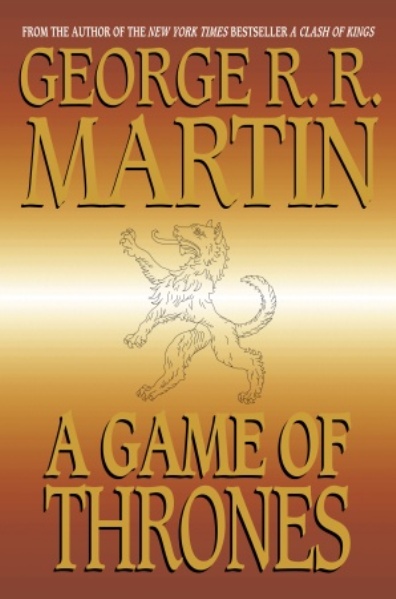
Does Fiction Require Likeable Women?
Written by: Beth Woodward, CC2K Books Editor
 I’m writing this as a book article, but it really applies to all entertainment/storytelling mediums. Yesterday I watched the movie Bachelorette, starring Kirsten Dunst, Isla Fisher, and Lizzy Caplan. It centers around three young woman who find out that one of their high school best friends (Rebel Wilson) is getting married. Rather than being happy for their friend, the three friends are aghast that their heavyset friend is getting married before any of them are. With its dark, sardonic humor, it’s clear that Bachelorette was going for the same demographic as 2011’s Bridesmaids. Yet the movie made barely a ripple, and a year after its release, it’s already been relegated to the $2.99 and under section in the video-on-demand library.
I’m writing this as a book article, but it really applies to all entertainment/storytelling mediums. Yesterday I watched the movie Bachelorette, starring Kirsten Dunst, Isla Fisher, and Lizzy Caplan. It centers around three young woman who find out that one of their high school best friends (Rebel Wilson) is getting married. Rather than being happy for their friend, the three friends are aghast that their heavyset friend is getting married before any of them are. With its dark, sardonic humor, it’s clear that Bachelorette was going for the same demographic as 2011’s Bridesmaids. Yet the movie made barely a ripple, and a year after its release, it’s already been relegated to the $2.99 and under section in the video-on-demand library.
So it got me thinking about something: are likeable characters required in order for stories to succeed? Certainly, there’s ample evidence to the contrary: Humbert Humbert, Patrick Bateman, Hannibal Lecter. But all three of these characters have something in common: they’re men. Where are our unlikeable female characters in fiction?
I have to admit: I’m a little biased. As a reader and viewer, I much prefer characters that are at least somewhat sympathetic, if not always likeable. I didn’t really dig Bachelorette because the main characters were just completely lacking in redeeming qualities. Yet even with the selfish “heroines” of Bachelorette, they’ve given an overly sentimental final act that seems to say, “See, they aren’t so bad after all,” as if the filmmakers feared what would happen if they let them persist in their completely selfish, unrepentant state. The other (albeit limited) examples of unlikeable heroines I can think of—Bad Teacher, Young Adults—follow the same trajectory.
Meanwhile, Humbert, Bateman, and Lecter get to start out as horrible people in their fictional spaces (much MORE horrible than any of the female heroines, since they’re killers and pedophiles) and stay horrible throughout. There’s no redemption for them, and no one asks for it.
We seem to judge female characters by different standards than male ones. Or is it just that we don’t like those uncomfortable in-between spaces when it comes to women? I’m a big fan of “Game of Thrones,” and one of the most frequent criticisms I’ve heard, of both the television series and the books, is that Catelyn Stark is not a likeable character. But what did Catelyn do? Reject Jon Snow because she couldn’t forgive her husband’s infidelity? Release Jaime Lannister and risk compromising her son’s war in order to get her daughters back? Meanwhile, Cersei Lannister is the more overtly “bad” character, in her continued scheming and covering the misdeeds of her psychopathic son. But it’s Catelyn Stark who gets singled out as unlikeable.
Unlikeable or unsympathetic characters may not be my thing. But that doesn’t mean that I don’t think female characters should be given the same breadth of possibilities as male characters.
